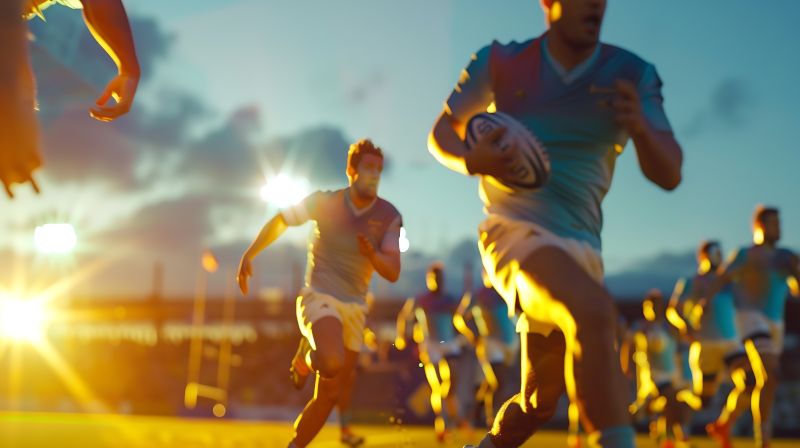In recent years, the landscape of American college sports has undergone a seismic shift, with the introduction of Name, Image, and Likeness (NIL) rights for student-athletes. These rights allow athletes to profit from their personal brand while still maintaining their amateur status. The debate over NIL Rights has now begun to spark interest in the UK, where sports culture, particularly in football, rugby, and cricket, would potentially similarly benefit. As the UK grapples with issues of athlete compensation and fairness, there is a compelling case for transposing NIL Rights into UK law.
Solicitor Monica O’Neill has produced this helpful article exploring what NIL Rights are and sets out the case for transposing them into UK law, as well as considering the implications for British sports.
Introduction to NIL Rights.
NIL Rights in the U.S. emerged as a response to the long-standing debate over the commercialisation of college sports. For decades, student-athletes generated millions in revenue for their institutions and the National Collegiate Athletic Association (NCCA). Yet, they were unable to profit from their own fame or talents beyond scholarships. The NCAA’s strict regulations meant that athletes could not accept endorsements, sponsorships, or even monetise their social media following.
This changed in 2021 when the U.S. Supreme Court ruled in NCAA v. Alston that the NCAA’s limitations on education-related benefits violated antitrust law. Following this ruling, the NCAA allowed student-athletes to profit from their NIL without compromising their eligibility. Since then, athletes across the U.S. have signed lucrative deals with brands, started their own businesses, and leveraged their social media presence, all while continuing their education and athletic careers.
The Case for NIL Rights in the UK
The UK, home to some of the world’s most popular sports leagues, has a similarly contentious relationship with amateurism and athlete compensation. Transposing NIL Rights into UK law would give young athletes the power to control their personal brand and financial future. It may also address the current imbalance where institutions and sports organisations profit from athletes’ performances and public profiles, while the athletes themselves see little return. By allowing athletes to earn from their NIL, the UK would be promoting a more equitable sporting environment.
Young athletes with NIL Rights would be encouraged to think creatively about how to market themselves. This could lead to new business ventures, the growth of athlete-driven content on social media, and a broader range of career opportunities outside of sports.
Implications and Challenges
While the adoption of NIL Rights in the UK could bring many benefits, it would also present significant challenges. The UK would need to develop a robust regulatory framework to govern NIL Rights . This would involve establishing clear guidelines for contracts, sponsorship deals, and the role of agents, ensuring that young athletes are protected from exploitation, which is the biggest drawback for the adoption of NIL Rights, presently.
There is also the risk that NIL Rights could exacerbate existing economic disparities within sports. High-profile athletes in popular sports might attract lucrative deals, while those in less prominent sports could struggle to secure the same opportunities. This could create a two-tier system within amateur sports, where only a select few reap the financial rewards.
Conclusion
The introduction of NIL Rights in American sports has provided valuable lessons in how young athletes can be empowered to take control of their personal brands and financial futures. As the UK continues to evolve its approach to athlete compensation and fairness, there is a strong case for transposing NIL Rights into British law. While this move would require careful consideration of the unique challenges and cultural nuances of UK sports, the potential benefits—in terms of fairness, athlete empowerment, and economic opportunity—make it a worthy endeavour. The adoption of NIL Rights could mark a significant step forward in ensuring that young athletes in the UK are fairly compensated for their contributions to the sports industry.

Monica O’Neill can advise on all aspects of NIL Rights
Contact our Sports team today
Call us;
South Devon 01803 213251
Exeter 01392 274006
North Devon 01271 342268
Monica O’Neill – Solicitor, Dispute Resolution



